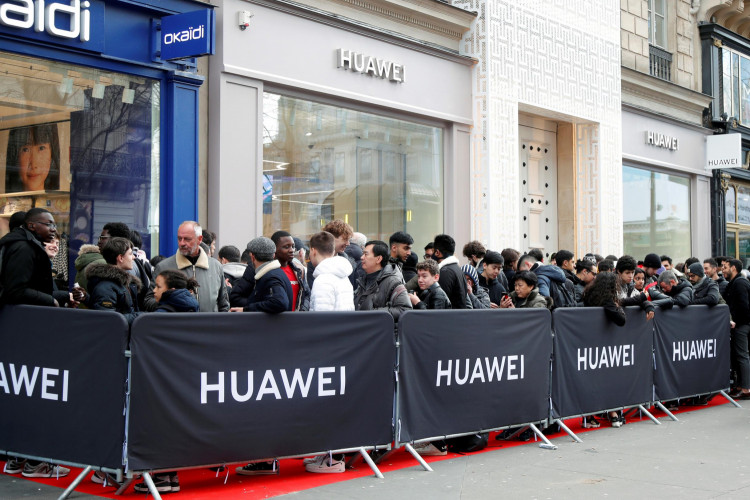The US ban on Huawei seems to have dented the company's earnings for 2019. An annual report from the Chinese tech giant showed that its net income for the year was 62.7 billion yuan (around 8.8 billion dollars), which Reuters noted was its lowest rise in three years.
A senior Huawei executive told CNBC the effect the coronavirus had on their business can not yet be fully ascertained. Last year's sales totaled 858.8 billion yuan ($123 billion), an rise in yuan terms of 19.1 percent year-on-year.
Net profit reached 62.7 billion yuan ($9 billion), marking an increase of 5.65 percent from last year. This is slower than the 26 percent income growth reported in 2018 and 29 percent reported in 2017.
Rotating chairman Eric Xu disclosed that he is aware of Washington's ability to increase the company's controls, including stopping Taiwan Semiconductor Manufacturing Co from selling microchips to Huawei.
The Chinese government would not allow such intervention that would disrupt the global supply chain, Xu said in some of Huawei's strongest remarks against the steps so far taken by the Trump administration.
The alert was issued by the world's largest telecommunications company, as it recorded its lowest annual profit growth in three years.
It said Beijing could "strike back" at the United States' steps to limit Huawei chip sales, limit sales of American products in China, and move to alternative suppliers in the country and South Korea.
"The Chinese government will not stand by and watch Huawei be slaughtered on the chopping board," Xu said during a recent media briefing.
Huawei rolled out its flagship P40 smartphones last week but the lack of Android support hampered those devices.
The US has alleged that Huawei keeps a strong bond with the Chinese government, causing concern that its technology could be used to spy on other countries and companies.
US trade officials blacklisted Huawei following US President Donald Trump's May 2019 executive order that essentially barred the Chinese company from American communications networks.
Huawei was placed on the US Entity List last May, prohibiting American companies from doing business with it. The blacklist included companies such as Google that no longer allowed the Chinese company to license its Android software. Xu has blamed the blacklist for its $12 billion losses.
Meanwhile, in overseas smartphone markets, Huawei faces immense strain, where the U.S. ban on its use of Google Mobile Services seriously undermines the appeal of its smartphones.






